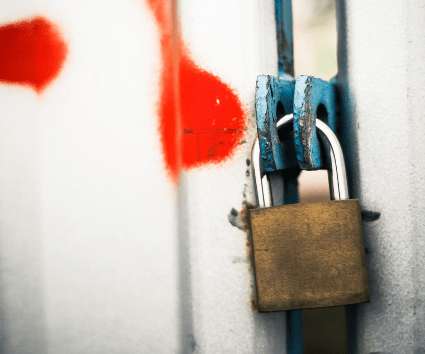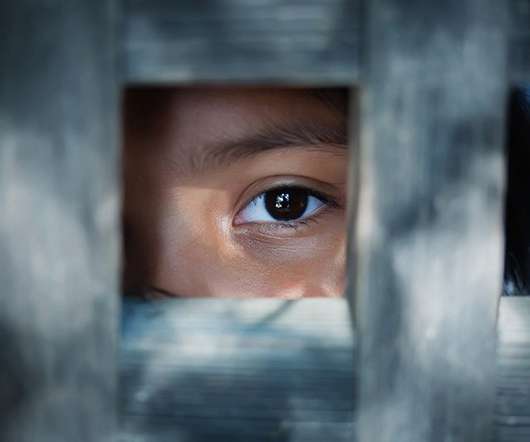Fair Use Victory Advances a Future of Accessibility for All
Beneblog: Technology Meets Society
JUNE 12, 2014
HathiTrust, a unanimous three-judge panel concluded that digitizing books in order to enhance research and provide access to individuals with print disabilities is lawful on the grounds of fair use —that is, a limitation and exception to the exclusive rights granted by copyright law to the author of a creative work ( Section 107 of the U.S.






























Let's personalize your content